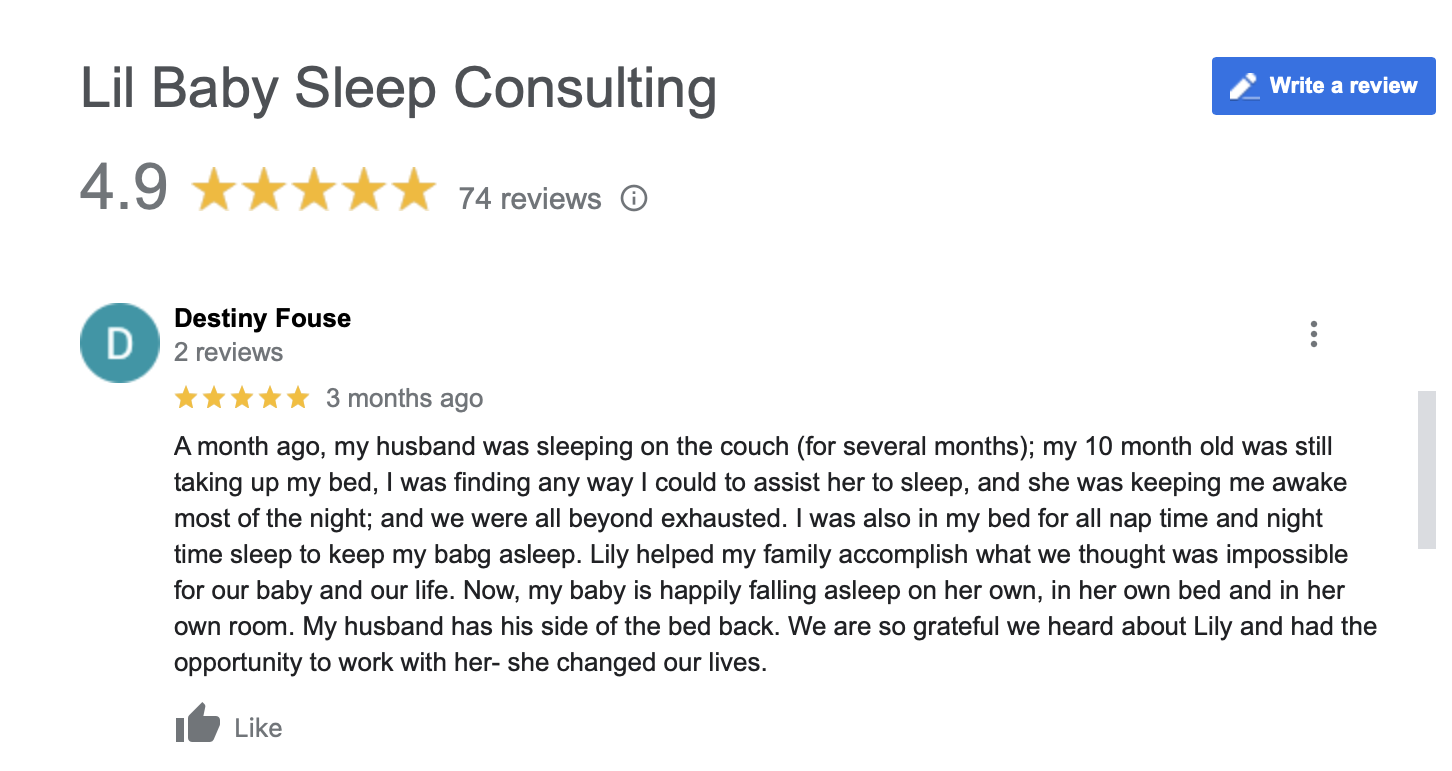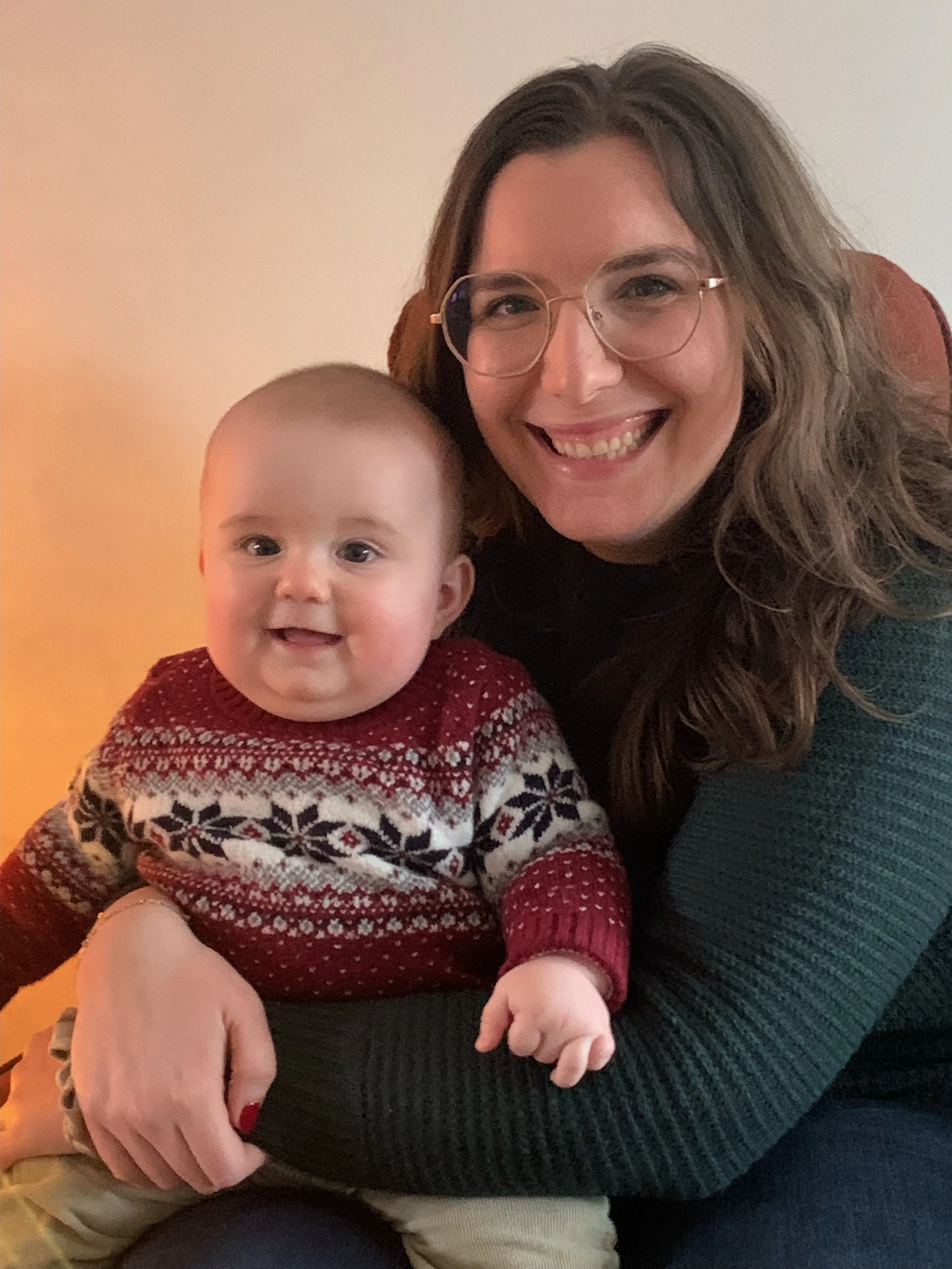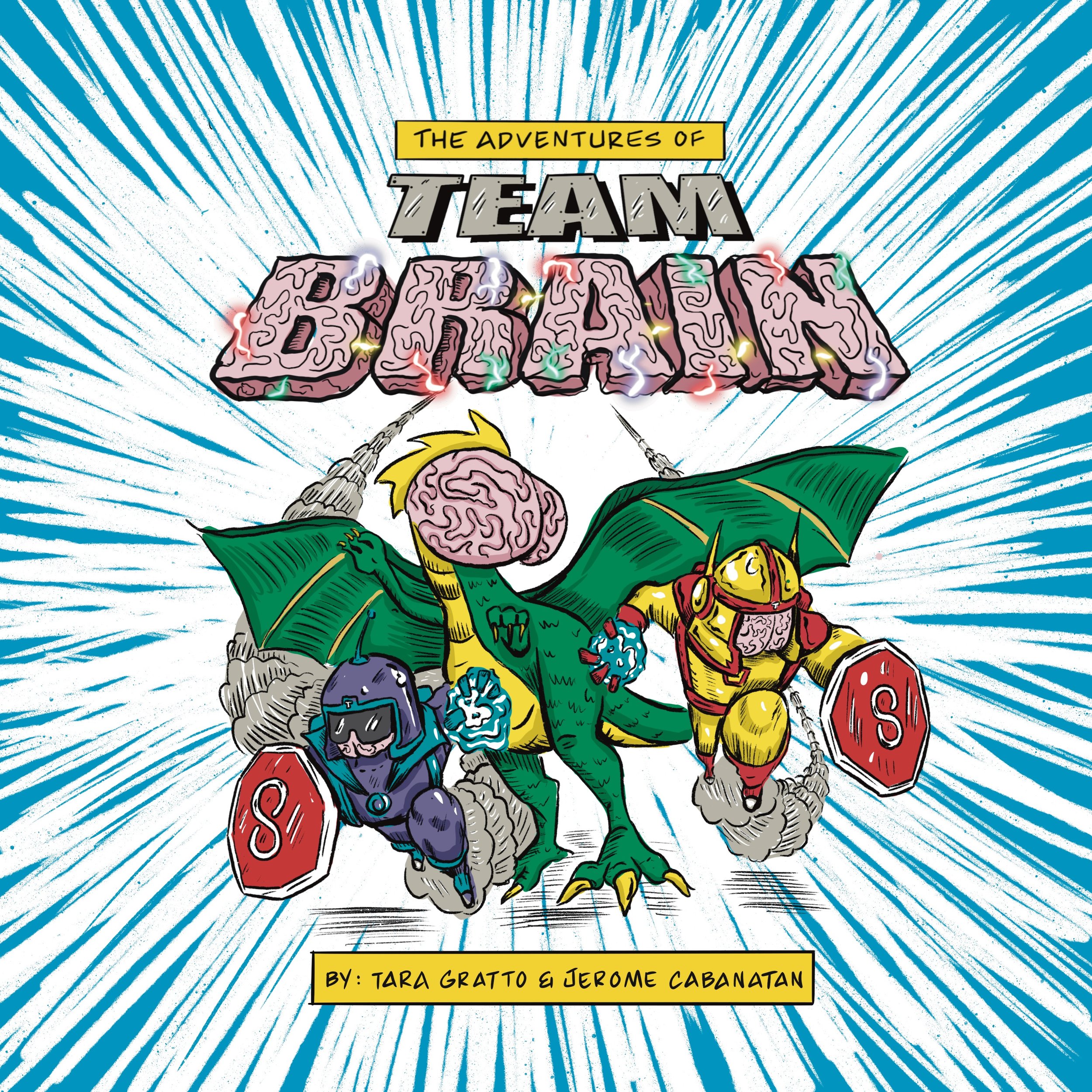Krystle and her 10-month-old son Andrew were like many sleep-deprived families, struggling to get a good night’s rest. Andrew needed to nurse to sleep and would wake up multiple times during the night, which resulted in Krystle bringing him to her bed to sleep. But that arrangement didn't last for long as Andrew grew and started to move around in the bed.
Krystle found a solution after participating in the Your Dream Plan Program. She was hesitant about trying the program at first, given that they lived in a one-bedroom condo, and Andrew had some blood sugar issues in the past. But with Lily's help, she was able to overcome her doubts and learn new methods to help Andrew sleep.
Lily and the other moms in the group calls and Facebook group made a significant impact on Krystle, who tended to overthink things. She found the support and information provided to be incredibly helpful.
Andrew was 9/10 months old, needed to be nursed to sleep, and ended up co-sleeping in our bed after the first wake up at night. We were all tired! I was skeptical that it could improve because we live in a one-bedroom and Andrew had some blood sugar issues when he was first at the hospital. Could he really sleep through the night? The answer was yes. Lily provided us with the information, and it just clicked. It took use just a few nights for him to be able to go to sleep independently and sleep throughout the night. We are now one happy and rested family!
By tweaking his schedule, making sure it was appropriate for him and his age, ensuring his sleep environment was set up properly, getting him on a weaning plan to slowly reduce feeds at night and coaching them through a sleep training approach that felt comfortable and do-able for them. All in one easy plan that had everything set up for them…
In just a few nights, Andrew learned how to put himself to sleep independently, which was a huge breakthrough for the entire family. With a pacifier and sound machine, Krystle still nurses Andrew before placing him in his crib awake. The family wakes up at 7:30 am, feeling well-rested and happy.
Krystle's experience with the Your Dream Plan Program is inspiring, and she encourages other parents to try the program too. The success story is a testament to the power of finding the right support and using effective methods to improve sleep patterns.
“We are all well rested! YAY! Andrew knows how to put himself to sleep and that is amazing.” - Krystle






































